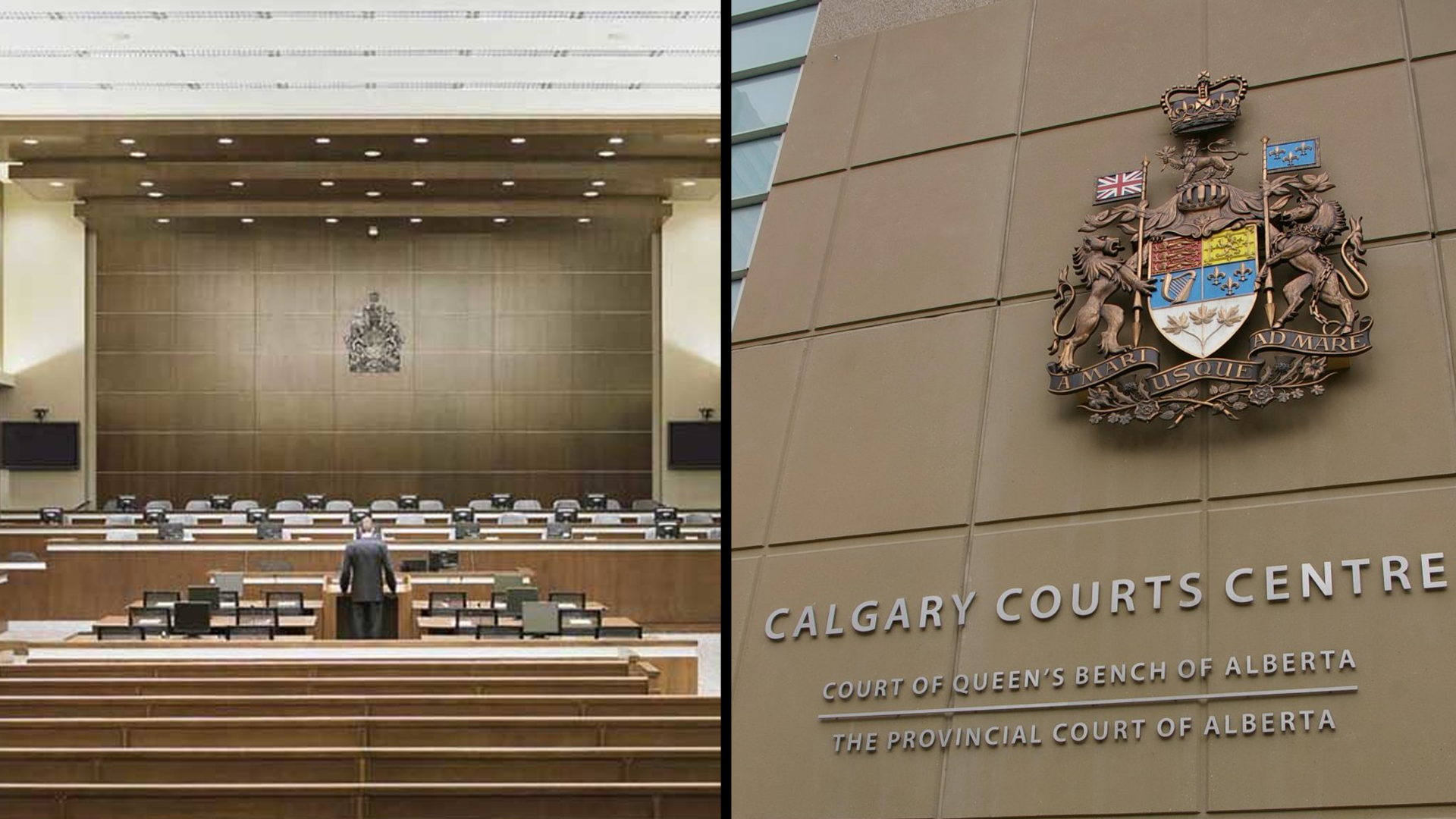An Alberta judge has lifted an injunction which was preventing an autistic woman from accessting medical assistance in dying (MAID). Yesterday, Justice Colin Feasby ruled that stopping the woman, referred to as MV for her privacy, would cause her “irreparable harm.”
According to Calgary Herald, 27-year-old MV, who lives in Calgary with her father, consulted physicians for assisted death in 2023 but was only approved by one of two doctors. As a result, she sought a third opinion and was approved to be euthanized last December.
MV’s father, identified as WV, later filed for a temporary injunction the day before she was scheduled to die by assisted suicide, arguing that his daughter was “vulnerable and is not competent to make the decision to take her own life.”
In addition to describing her as generally healthy, WV stressed that he believes a lot of her physical symptoms stem from undiagnosed psychological conditions.
During the hearing on March 11, WV’s lawyer Sarah Miller, who called for a judicial review of MV’s MAID approval, described the situation as “a novel issue for Alberta,” because there is no option to appeal or review the circumstances after someone is approved for MAID.
MV’s lawyers, however, argued the injunction should be lifted because her access to physician-assisted death is medically necessary and she “is not entitled to court intervention.”
While Justice Feasby informed the court he was considering the impact letting MV die by assisted suicide would have on her parents if the injunction was lifted, he explained he was ultimately concerned about the irreparable harm it would cause her if it wasn’t.
“The harm to MV, if an injunction is granted, goes to the core of her being. An injunction would deny MV the right to choose between living or dying with dignity,” explained Feasby in the ruling. “Further, an injunction would put MV in a position where she would be forced to choose between living a life she has decided is intolerable and ending her life without medical assistance.”
Feasby expressed his sympathy for MV’s parents and their wishes to keep their child alive but ultimately sided with her because “attempting to end her life without medical assistance would put her at increased risk of pain, suffering and lasting injury.”
“I do not know why you seek MAID. Your reasons remain your own because I have respected your autonomy and your privacy. My decision recognizes your right to choose medically assisted death, but it does not require you to choose death.”
Although Feasby found that the courts “cannot review a MAID applicant’s decision-making or the clinical judgment of the doctors and nurse practitioners,” he did rule that his decision will be “stayed for 30 days” so MV and WV’s attorneys have time to file an appeal.
MV’s controversial situation comes at the heels of Canada’s decision to delay the expansion of MAID to include an eligibility requirement for people suffering from a mental illness.
In January, after consulting officials across the country, Health Minister Mark Holland and Justice Minister Arif Virani announced that Canada’s MAID system was not ready for expansion.
Despite putting a temporary pause on allowing Canadians suffering solely from a mental illness to access MAID, which was first introduced in Canada in 2016 for Canadians suffering from grievous and irremediable medical conditions, Holland explained that parliament will reevaluate the healthcare system’s readiness for the expansion in 2026.







